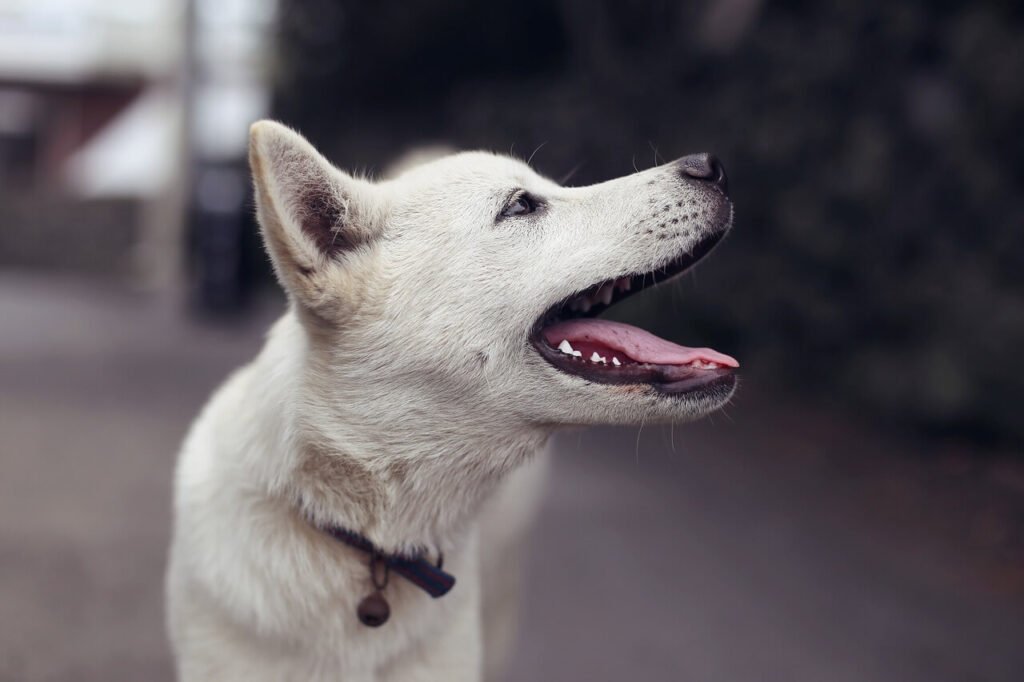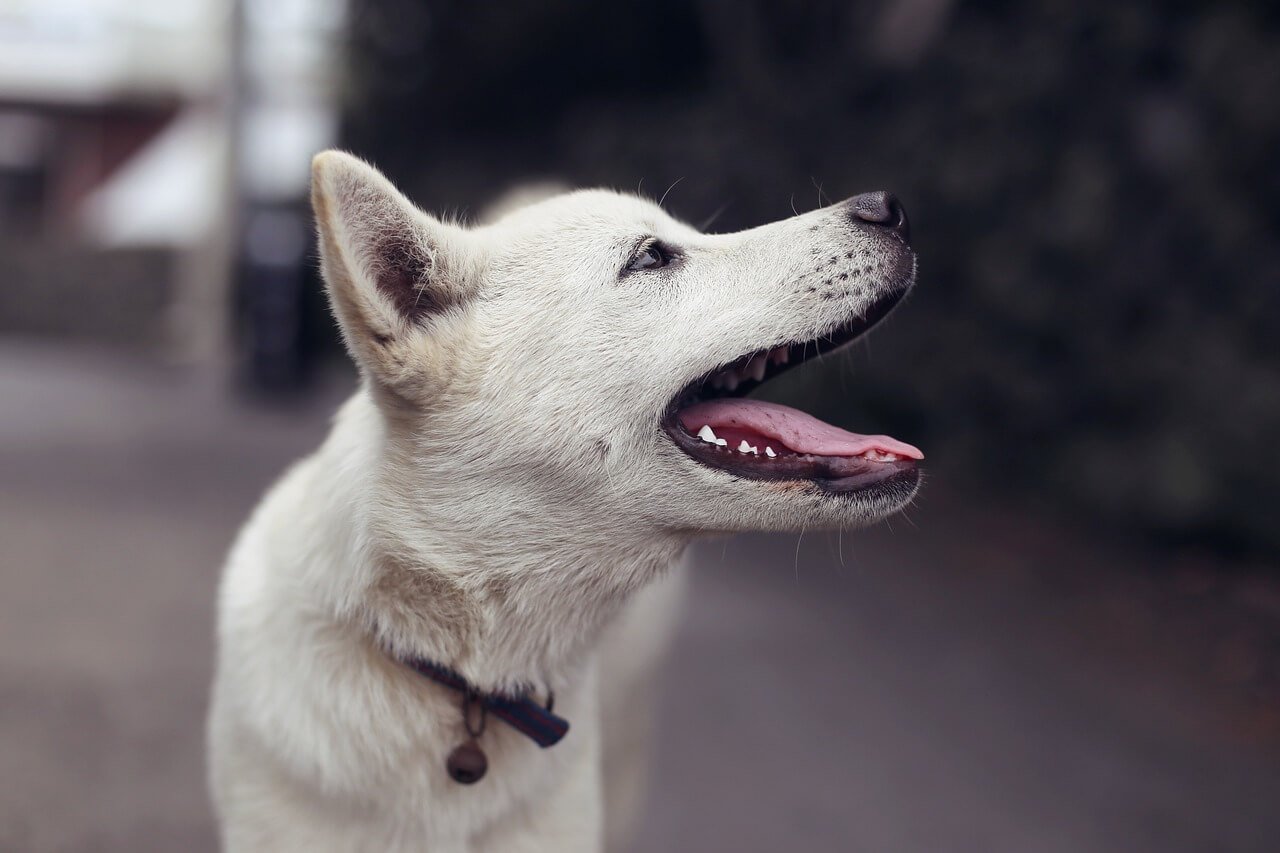Why Do Dogs Lick Their Butts? Understanding This Peculiar Behavior
Dogs are known for their quirky behaviors, from chasing their tails to rolling in mud. One behavior that often leaves pet owners scratching their heads is when dogs lick their butts. While it might seem odd—or even gross—to us humans, this action is quite common in the canine world. But what drives this behavior? Is it normal, or should you be concerned? In this blog post, we’ll dive deep into the reasons behind this peculiar habit, explore its implications, and provide practical tips for dog owners.
Common Reasons Why Dogs Lick Their Butts
Before jumping to conclusions, it’s important to understand that butt-licking in dogs can stem from a variety of causes. Some are harmless, while others may indicate an underlying issue. Here’s a breakdown of the most common reasons:
Grooming Instincts
Dogs are naturally clean animals and often groom themselves by licking various parts of their bodies, including their rear ends.Anal Gland Issues
Dogs have small sacs near their anus that produce a smelly fluid. If these glands become full or infected, your dog may lick the area to relieve discomfort.Parasites or Infections
Fleas, worms, or skin infections can cause itching and irritation, prompting excessive licking.Allergies
Food allergies or environmental allergens can lead to itchy skin, making your dog focus on specific areas like their butt.Behavioral Factors
Boredom, stress, or anxiety can sometimes manifest as obsessive licking behaviors.
Understanding these potential causes can help you determine whether your dog’s behavior is normal or if it warrants a visit to the vet. Remember, occasional licking is usually harmless, but persistent or excessive licking could signal a problem.
How to Tell If Your Dog’s Butt-Licking Is a Problem
While some licking is normal, there are signs that indicate your dog’s behavior might be cause for concern. Keep an eye out for these red flags:
Frequent or Obsessive Licking
If your dog seems unable to stop licking their rear end, it could indicate discomfort or pain.Visible Redness or Swelling
Check the area around your dog’s anus for signs of inflammation, which could point to an infection or injury.Foul Odor
A strong, unpleasant smell emanating from your dog’s rear end might suggest impacted anal glands or an infection.Scooting Behavior
If your dog drags their bottom across the floor, it could mean their anal glands are irritated or blocked.Changes in Appetite or Energy Levels
Unusual behavior combined with lethargy or appetite loss could indicate a more serious health issue.
If you notice any of these symptoms, it’s best to consult your veterinarian promptly. Early intervention can prevent minor issues from escalating into major problems.
Check this guide 👉Why Dog Bone Broth is a Game-Changer: Best 7 Health Tips!
Check this guide 👉Why Is My Older Dog Drinking So Much Water? Best 7 Tips!
Check this guide 👉Why Is My Dog Scratching Its Ear and Licking Its Paw? Best 7 Tips

Normal Behavior | Abnormal Behavior |
|---|---|
Occasional grooming | Constant, obsessive licking |
No visible signs of distress | Redness, swelling, or sores |
No foul odor | Strong, unpleasant smell |
Happy demeanor | Signs of pain or discomfort |
Healthy appetite and energy | Lethargy or appetite loss |
Preventive Measures to Reduce Excessive Butt-Licking
Taking proactive steps can help minimize the chances of your dog developing excessive licking habits. Here are some practical tips:
Regular Grooming
Keeping your dog’s rear end clean and well-groomed can reduce irritation and prevent infections.Healthy Diet
Feeding your dog high-quality food can help avoid dietary allergies that might trigger skin issues.Routine Vet Check-Ups
Regular visits to the vet ensure early detection of potential health problems, such as impacted anal glands or parasites.Mental Stimulation
Providing toys, puzzles, or engaging activities can distract your dog from obsessive behaviors caused by boredom.Parasite Prevention
Using flea and tick preventatives can protect your dog from infestations that might lead to excessive licking.
By incorporating these practices into your dog’s routine, you can promote overall health and reduce the likelihood of problematic licking behaviors.
When to Seek Veterinary Help
Knowing when to seek professional advice is crucial for maintaining your dog’s well-being. Here are scenarios where veterinary intervention is necessary:
Persistent Licking Despite Home Remedies
If home care doesn’t resolve the issue, it’s time to consult a vet.Signs of Pain or Discomfort
Whining, growling, or avoiding touch near the rear end could indicate pain.Bleeding or Open Sores
Any sign of bleeding or broken skin requires immediate attention.Unexplained Weight Loss
Sudden weight loss accompanied by excessive licking could signal an internal health issue.Changes in Bowel Movements
Diarrhea, constipation, or blood in stool might be linked to anal gland problems.
Your veterinarian can perform tests, diagnose underlying conditions, and recommend appropriate treatments to address the root cause of your dog’s behavior.
Signs Your Dog May Be Licking Due to Allergies
Allergies are a common culprit behind excessive licking in dogs, including butt-licking. Whether caused by food, environmental factors, or flea bites, allergies can lead to itchy skin that drives your dog to lick excessively. Here are some signs that allergies might be the root cause:
Itchy Skin Elsewhere on the Body
If your dog is also scratching their ears, paws, or belly, it could indicate an allergic reaction.Red or Inflamed Skin
Look for patches of irritated skin that may appear red or swollen.Hair Loss or Bald Spots
Constant licking and scratching can result in thinning fur or bald patches.Recurrent Ear Infections
Dogs with allergies often suffer from ear infections due to increased wax production.Seasonal Flare-Ups
Symptoms that worsen during certain seasons may point to environmental allergens like pollen or mold.
If you notice these signs, consider discussing allergy testing or dietary changes with your veterinarian to address the underlying issue.
How to Clean Your Dog’s Rear End Properly
Proper hygiene plays a significant role in preventing discomfort and excessive licking around your dog’s rear end. Regular cleaning can help reduce irritation and keep your dog feeling fresh. Follow these steps for effective cleaning:
Use a Gentle, Dog-Safe Wipe
Choose wipes specifically designed for pets to avoid irritating their sensitive skin.Lift the Tail Carefully
Ensure your dog is comfortable while gently lifting their tail to access the area.Clean Around the Anal Glands
Focus on the areas near the anus where debris or discharge might accumulate.Avoid Harsh Chemicals
Stick to mild, fragrance-free products to prevent further irritation.Reward Your Dog Afterward
Offer treats or praise to make the experience positive and stress-free.
By maintaining good hygiene practices, you can minimize the chances of your dog feeling the need to lick excessively.
Alternative Ways to Distract Your Dog from Licking
Sometimes, excessive licking stems from boredom or anxiety rather than physical discomfort. Providing alternative activities can redirect your dog’s attention and curb obsessive behaviors. Consider these engaging options:
Interactive Toys
Puzzle toys or treat-dispensing gadgets can keep your dog mentally stimulated.Daily Exercise Routine
A brisk walk or play session helps burn off excess energy and reduces stress.Chewing Alternatives
Offer durable chew toys to satisfy your dog’s natural urge to gnaw.Training Sessions
Teach new tricks or reinforce commands to challenge your dog’s mind.Calming Aids
Products like pheromone diffusers or anxiety wraps can soothe nervous dogs.
By incorporating these distractions into your dog’s daily routine, you can help them focus on healthier, more productive activities instead of licking.
Addressing Common Concerns About Dog Butt-Licking
Is it normal for dogs to lick their butts?
Yes, occasional licking is normal as part of grooming. However, excessive licking may indicate a problem.
Can diet affect my dog’s licking behavior?
Absolutely. Poor-quality food or allergens can lead to skin irritation, prompting increased licking.
How do I know if my dog has impacted anal glands?
Symptoms include scooting, foul odor, and frequent licking around the anus.
What should I do if my dog won’t stop licking?
Consult your vet to rule out medical issues and discuss behavioral solutions.
Can parasites cause excessive licking?
Yes, fleas, ticks, and worms can irritate your dog’s skin, leading to increased licking.
Conclusion: Embracing Your Dog’s Quirks While Staying Vigilant
Understanding why dogs lick their butts can help you differentiate between normal behavior and potential health concerns. While occasional licking is natural, persistent or obsessive behaviors should not be ignored. By staying observant, maintaining a healthy routine, and seeking professional advice when needed, you can ensure your furry friend remains happy and healthy. After all, every dog has its quirks—and embracing them is part of the joy of pet ownership!
Cat Anaphylactic Shock Treatment Costs: Best 7 Expert Tips! – Learn about costs, treatments, and financial aid options to save your cat’s life.
Exocrine Pancreatic Insufficiency in Cats: Best 7 Tips! – Learn to spot symptoms, manage EPI effectively, and improve your cat’s quality of life with expert advice.
Cost of Dog Anaphylactic Shock Treatment: Best 7 Tips! – Learn about emergency costs, financial planning, and ways to manage expenses for your dog’s care.
Exocrine Pancreatic Insufficiency in Dogs: Best 7 Tips! – Learn to spot symptoms, manage EPI effectively, and improve your dog’s quality of life with expert guidance.





